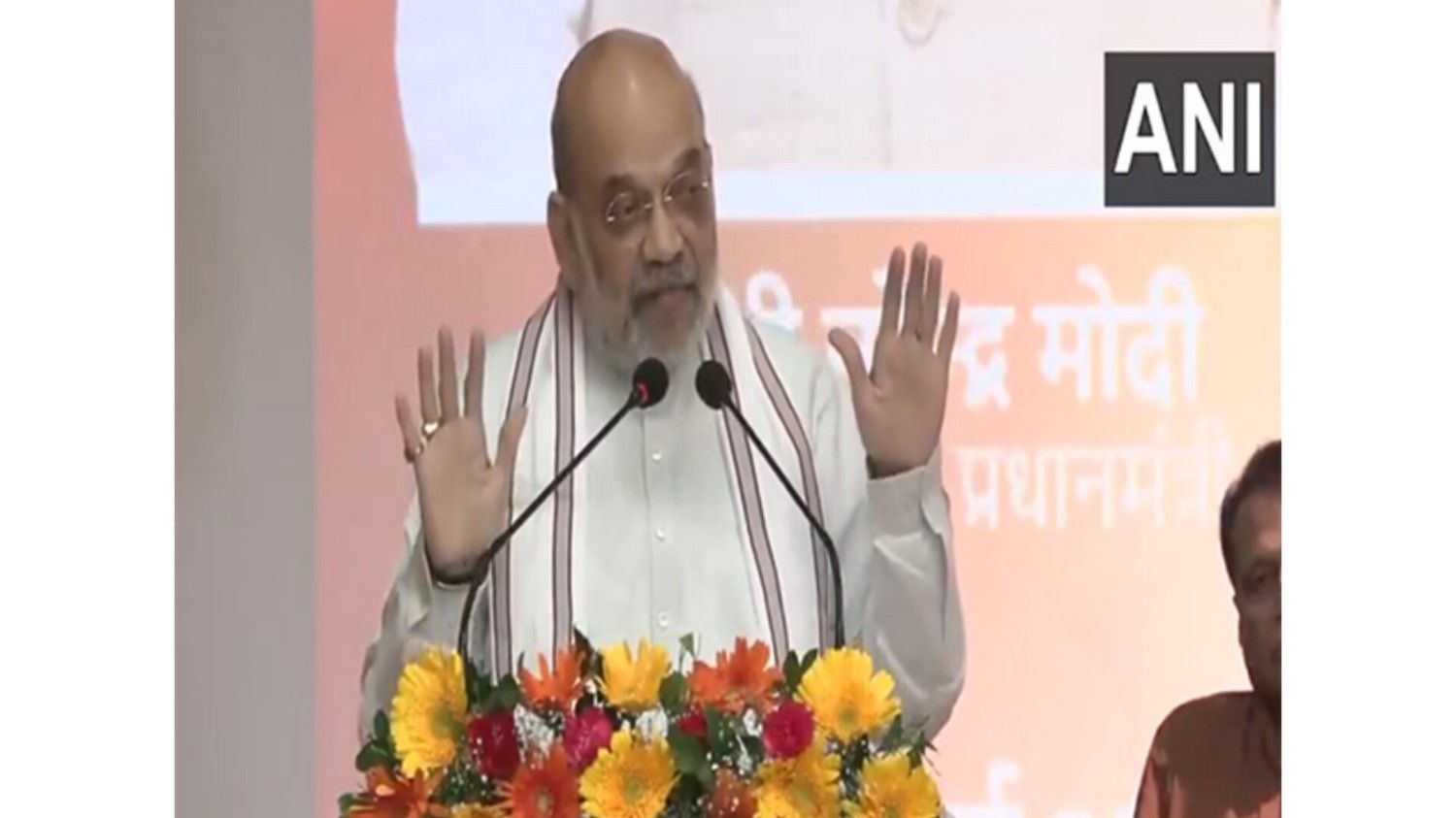Union Home Minister and Cooperative Minister Amit Shah unveiled the National Cooperative Policy 2025 at Atal Akshaya Energy Bhavan on Thursday, saying that the government is moving ahead with the target of creating at least one cooperative society in every village.
The objective of the policy was to strengthen cooperative units at the grassroots level and ensure inclusive development, especially among villages, farmers, women, Dalits and tribal communities.
Speaking at the program, Amit Shah said, “The Government of India introduced the Cooperative Policy in 2002. The BJP was in the government at that time. The second cooperative policy is brought by the BJP government. We are moving ahead with the goal of forming at least one cooperative committee in every village.”
Amit Shah said, “The government’s approach, which understands all the factors required for India, its development and India’s development, can give importance to the cooperative sector. If the basic unit of the country and economy is rich, employment and satisfied, that economic model can never fail”. The Home Minister underlined the main approach and saved the next policy, saying that people and rural development have been kept in the center.
Shah said, “While making cooperative policy, it was taken care that the focal point of the policy will be the women, agriculture, women, Dalits, tribals. In a sentence, it is in a sentence to create a developed India in 2047 through the prosperity of cooperatives.”
Describing the mission in detail, he said, “Its mission is to develop professional, transparent, technical, responsible and financially independent and successful small cooperative units.” According to the Ministry of Cooperation, the new Cooperative Policy 2025 is to revive and modernize the cooperative sector, as well as to realize the approach to prosperity through cooperation.
India’s first National Cooperative Policy was released in the year 2002, providing a infrastructure for better management of economic activities within cooperative institutions.
The ministry said, “Due to globalization and technological progress in the last 20 years, there have been many major changes in the society, country and the world. Keeping these changes in mind, it was necessary to make a new policy so that cooperative institutions could be made more active and useful in the current economic scenario and strengthened the role of the cooperative sector in achieving the target of India 2047.”
The objective of the National Cooperative Policy is to make cooperative institutions inclusive, manage them professionally, prepare them for the future, and to create large -scale employment and livelihood opportunities in rural India.










